Celebrate, Commemorate, and Reflect
At University Synagogue, we see the observance of Jewish holidays as an opportunity to connect with our values, emotions, and history, as each of us becomes an active participant in transforming ourselves and building a better Jewish future.
We gather as family and community to give thanks, offer respect, and stay connected to the ancient and modern traditions that shape Jewish life and identity. We remember, we re-enact, and we retain the light for generations to come. We also honor the moments, experiences, and values we hold in fresh, but powerful ways.
We welcome you to learn more about significant holidays and observations of the Jewish calendar. We also invite you to join us for our many celebrations.
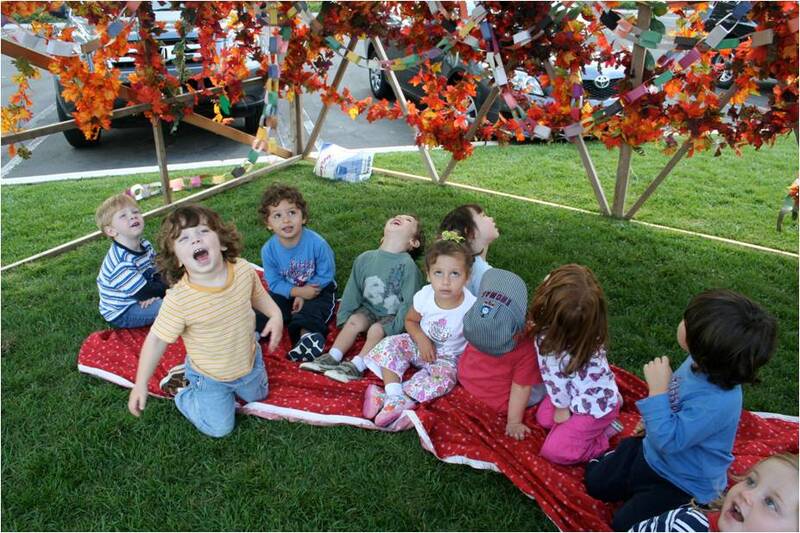
High Holidays
Selichot, Rosh Hashanah, Kol Nidre, & Yom Kippur
University Synagogue observes the High Holidays with a unique blend of the traditional and our own special, modern touch.
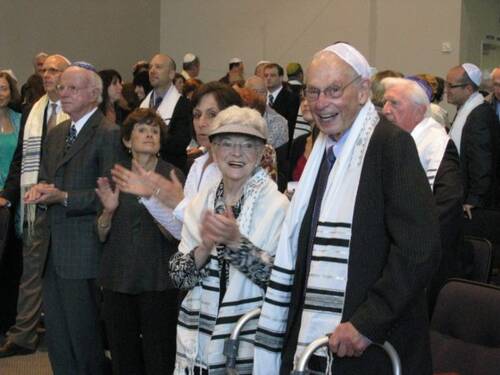
Selichot
Observance of the High Holiday period at University Synagogue begins with a late night Selichot service. The service typically follows a play or dramatic presentation chosen especially for the coming year to help put us in the right frame of mind for the introspective work necessary at Rosh Hashanah and Yom Kippur.
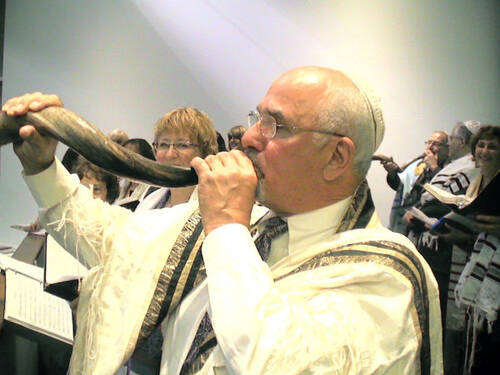
Rosh Hashanah
A joyous holiday in which we welcome the new year with all of the potential that it brings. It is also a wake-up call, a time to begin mental preparations for the upcoming Day of Atonement, Yom Kippur. At University Synagogue, Rosh Hashanah begins with shofar blasts from around the sanctuary and continues with music, thoughtful readings, and a sermon with traditional liturgy from our Rabbi. Our second day service is a less formal, more intimate setting, with a Torah discussion and lively interaction.
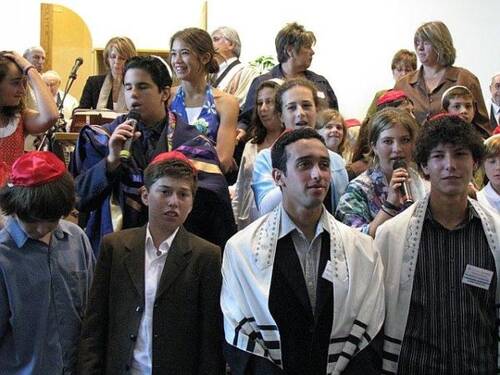
Kol Nidre
Observance of Yom Kippur begins with another traditional (evening) service which is named after its central and opening prayer, Kol Nidre. The declaration of the Kol Nidre text is charged with emotional undertones, and our Cantor, choir and musicians all provide a beautiful and haunting backdrop that dramatically sets the appropriate mood.
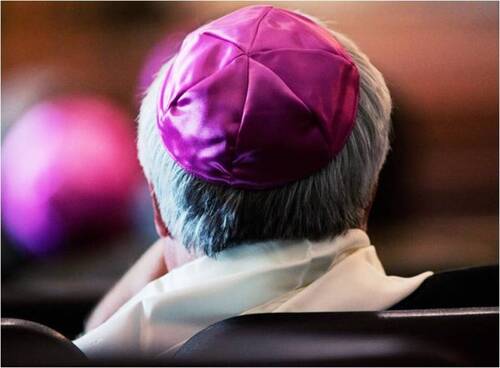
Yom Kippur
The Day of Atonement continues with a morning service that blends tradition with thoughtful readings. Yom Kippur is a day of fasting, prayer and repentance, concluding with a Ne’ilah, or concluding service, which is capped by a final blowing of the shofar. At the end of Yom Kippur, we are ready for a fresh new year. Observance of the holiday concludes with a “Break The Fast,” a meal shared by friends and family.
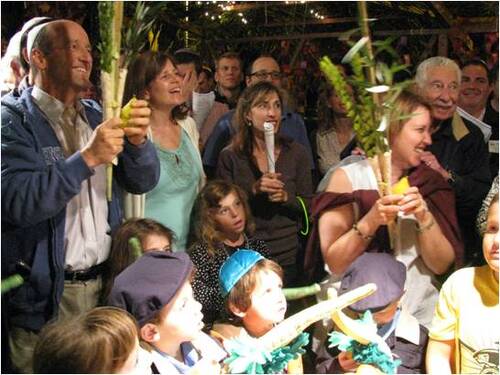
Sukkot
Sukkot commemorates the Biblical period of wandering in the desert and is observed by building a temporary shelter, called a Sukkah, that is outdoors and open to the elements.
At University Synagogue, we hold our Sukkot services outside, in the Sukkah, preceded by a dinner around the Sukkah and followed by star gazing through a telescope.
Throughout the week, friends and family enjoy the mitzvah of eating a meal together in the Sukkah.
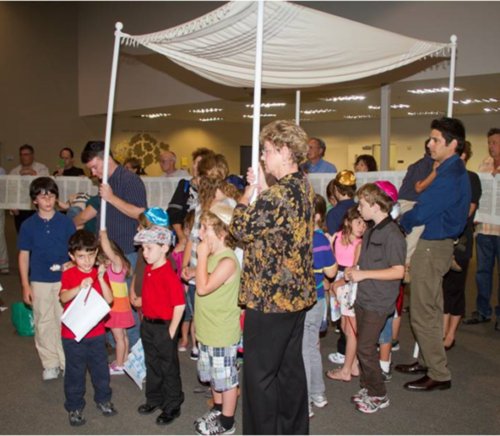
Simchat Torah
Simchat Torah, which means “rejoicing in Torah,” as we celebrate reading the last verses of the Torah scroll for the year and then start at the beginning again.
At University Synagogue, we dance the Torah through the aisles of our sanctuary, then unroll the Torah completely in a 360 degree circle, with the children in the middle and the adults holding the scroll.
The Rabbi and Cantor lead us as we read the last few words of the scroll together, followed by the first phrases of Genesis. This is a rare opportunity to see the Torah in its entirety.
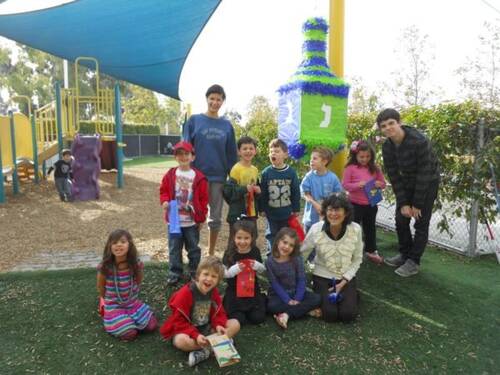
Hanukkah
Hanukkah, the “Festival of Lights,” commemorates the rededication of the Temple in Jerusalem after a successful revolt against the Seleucid Greeks.
We celebrate by lighting the Hanukkiah/menorah, adding one more candle each night for the eight nights.
We eat latkes (potato pancakes) and jelly doughnuts and the children play dreidel games.

Tu B’Shvat
Tu B’shvat or the “New Year of the Trees” is Jewish Arbor Day, and is celebrated on the 15th day of Shvat. These days it’s a great time to think about trees and the environment, and children in our Religious and Pre- Schools plant trees and gardens to celebrate.
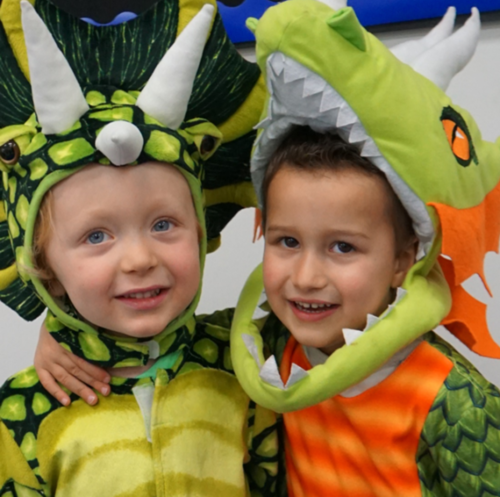
Purim
Purim is one of the most joyous and fun holidays of the Jewish year as it commemorates a time when the Jewish people narrowly escaped genocide.
On Purim, we celebrate with a service full of humor as we read the Megilla (Book of Esther) and hold a carnival.
We wear costumes, boo and hiss when the name of bad guy Haman is heard, and eat triangular pastries called hamantashen (Haman’s pockets).
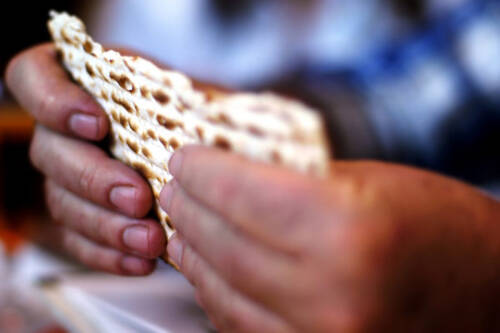
Passover
Passover, or Pesach, is one of our holiest holidays, lasting for 7 days (for traditional Jews, 8 days.) On Passover, we commemorate the exodus of the Jews from Egypt over 3,000 years ago.
Every Passover, we tell the Passover story at traditional Seder meals with friends and family, reliving the story of the exodus from slavery to freedom. At the Passover Seder, we eat traditional foods that remind us of the perils of slavery and joys of freedom. We are pleased that University Synagogue is able to offer a community Seder for our members and other friends and family.
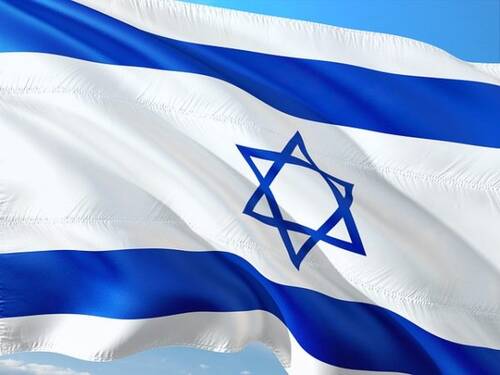
Yom Ha-Atzmaut
Yom Ha-Atzmaut is Israel Independence Day and is celebrated with joyous melodies, Israeli foods and a contemporary talk about Israeli politics and life.
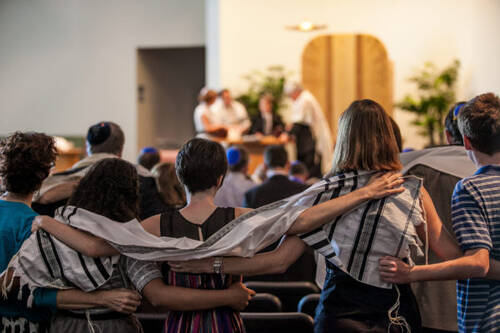
Shavuot
Shavuot traditionally celebrates the giving of the Torah at Mt. Sinai. It was a pilgrimage holiday when the Temple was standing in Jerusalem, when farmers brought the first fruits to the Temple.
Today our service includes the reading of the 10 Commandments and the Book of Ruth, Confirmation, and sometimes even a Torah-thon.


